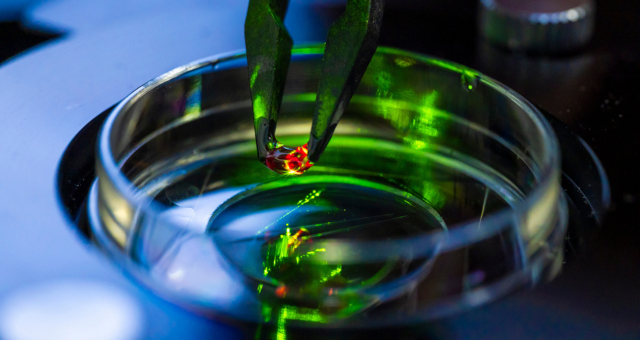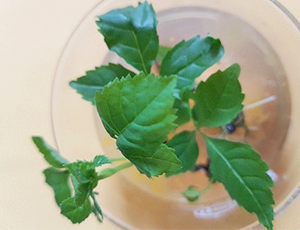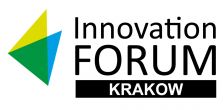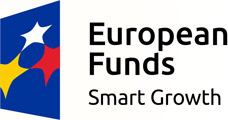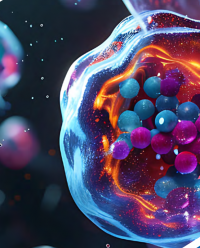
Hollow proteinaceous particles, referred to as protein cages, are useful for novel biotechnology development. Prospective applications using such nanocapsules include drug delivery, vaccination, catalysis, and in-cellulo production of otherwise unstable biomolecules. To achieve these goals, naturally occurring protein cages, e.g. virus-like particles, have been extensively engineered to endow them with customized functionality.
Lumazine synthase (LS), derived from several organisms such as Aquifex aeolicus, is known to form dodecahedral assemblies composed of 60 identical monomers. Due to extreme thermal stability, facile recombinant production, and high tolerance against both chemical and genetic modification, the enzyme derived from Aquifex aeolicus (AaLS) has been extensively employed for diverse applications including: biomineralization, drug delivery/vaccine, bioimaging, enzyme catalysis and as a robust guest encapsulation system. However, AaLS cages are very stable and require harsh conditions to induce their disassembly, hindering package and release of cargo molecules at arbitrary timing and location as required.
It has been shown that mutagenesis of AaLS changes the quaternary status of the protein. However, none of the previously engineered AaLS variants has shown cage conformation change in response to an external stimulus. Therefore, a challenge that has remained in the AaLS systems is to induce the cage opening and closing with a mild stimulus that is non-invasive to cargo molecules.
A new invention from the Jagiellonian University, which is the subject of this proposal, is a part of trend of searching for new solutions in protein engineering, especially in the AaLS systems. Its subject is protein cages, formed by novel engineered variants of lumazine synthase from Aquifex aeolicus (AaLS), that reversibly change the conformation in response to oxides, and also methods for packaging and release of guest cargo objects under mild physiological conditions.
The new invention of the Jagiellonian University provides:
- new mutants of lumazine synthase from Aquifex aeolicus (AaLS). The AaLS variants contain mutations that moderately destabilize the cage-like assembly, which enables the oxide-dependent morphology changes. They assemble into cage-like structures that change the conformation from closed to open forms and vice versa in response to oxides;
- a proteinaceous cage-like assembly comprising at least one AaLS variant of the invention;
- an inclusion complex comprising protein cages of the invention and cargo molecules, wherein said cargo molecules are encapsulated in said protein cages;
- methods for packaging and release of guest cargo objects under mild physiological conditions for:
- changing the conformation of the protein cages formed by the AaLS variants of the inventions;
- retrieving guest cargo from the protein cage of the invention;
- packaging of guest cargo objects in the protein cages of the invention outside cellular contexts.
The offered invention is subject of a patent application. Further research and development of the invention are continued at the Malopolska Center of Biotechnology, Jagiellonian University Medical College. Currently, the Centre for Technology Transfer CITTRU is looking for entities interested in commercial application of the invention.
information / broker of Jagiellonian University


